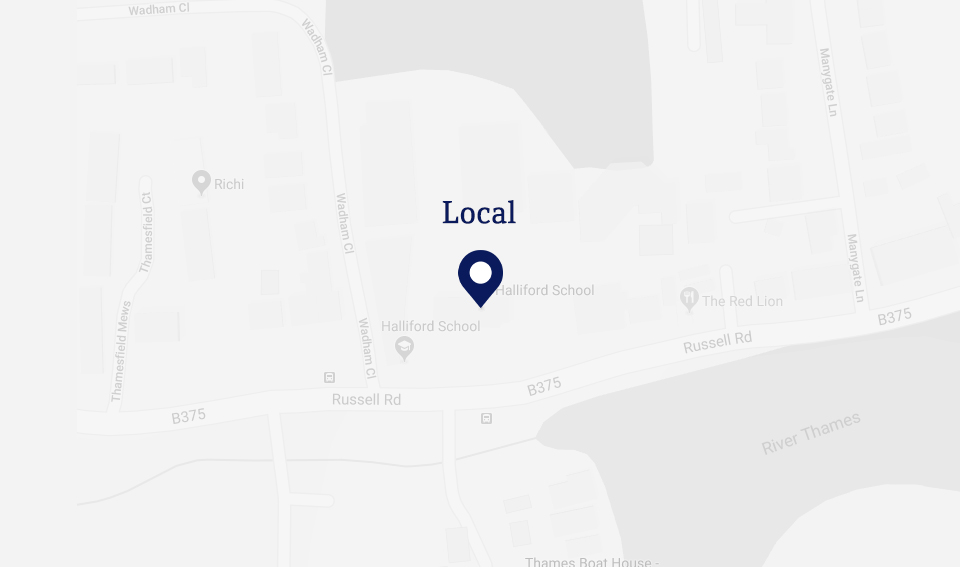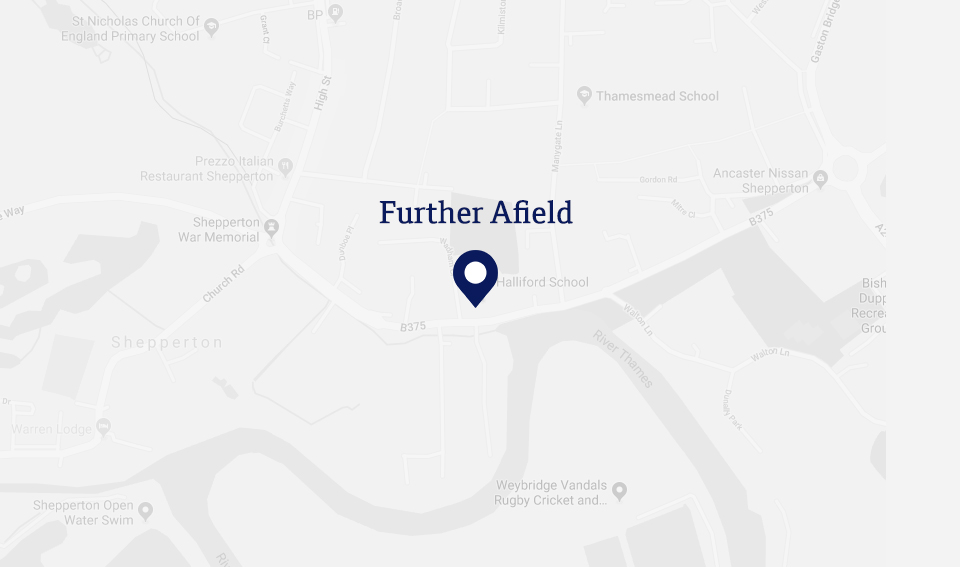Psychology
Psychology is everywhere. In a sense, we are all amateur psychologists. However, studying Psychology at A Level is about setting aside our intuitions and using the objective tools of science to discover how the mind really works. It is concerned with all aspects of behaviour (normal and abnormal) and the thoughts, feelings and motivations underlying such behaviour. If you are interested in the workings of the brain, group behaviour, child development, relationships and psychological disorders such as schizophrenia, this is for you. The course also looks at how psychology is applied in wider settings such as mental health, counselling and the importance of memory in the court of law.
What will I learn?
The broad specification covers a wide range of topics such as the workings of the brain, how early attachments affect future relationships and implications of psychological disorders. Psychology crosses the division between the sciences, arts and humanities and therefore can complement and enhance the study of all other subjects.
Studying psychology gives the student an in-depth understanding of how the mind works including the influence of neurotransmitters and hormones on human behaviour. Studying Psychology uses research methods to both analyse and explain behaviours. Big claims are made in Psychology and it is our job to weigh up such claims: in this you will become expert.
Is Psychology useful for my future?
Psychology is highly valued by universities and by future employers (Times Education Careers Services Unit). This is due in part to the diverse and rounded set of transferable skills which it develops, including: critical writing, research design and data analysis. Psychologists are well placed for careers and further training in many fields and often go on to work in disciplines such as: Medicine and Healthcare, Social Care, Business, Marketing, Public Relations, Human Resources, Psychology (Clinical, Educational, Research, Forensic, Counselling, Health, Neuropsychology, Occupational), and so on.
A Level
Course structure of the Psychology A Level follows the new linear format and we will adhere to the AQA Syllabus. At A Level, Psychology is classed as a Science.
Lower Sixth
- Social Influence
- Memory
- Attachment
- Approaches in Psychology
- Psychopathology
- Biopsychology
- Research Methods
Upper Sixth
- Issues and debates
- Cognition & Development / Gender / Relationships
- Schizophrenia / Eating Behaviours / Stress
- Aggression / Forensic Psychology / Addiction
- Research Methods
- Revision and exam preparation
Assessment
Paper 1 Introductory topics in Psychology
Paper 2 Psychology in context
Paper 3 Issues and debates with options in Psychology
Each paper is a 2-hour written exam worth 96 marks (multiple choice, short answer and essay questions).
Research Methods are assessed over the three exam papers and together will make up approximately a third of your final grade. The exams assess your knowledge (AO1), the application of knowledge to everyday situations or research settings (AO2), and your ability to evaluate evidence (AO3).
Facilities
Psychology is taught within two classrooms specifically set up with Psychology resources for stretch and challenges as well as exam support. Additional support is offered in intervention and clinics.
Trips
Previous trips include visits to the Freud Museum in Hampstead and London Zoo in Regent’s Park.











0 CommentsComment on Facebook